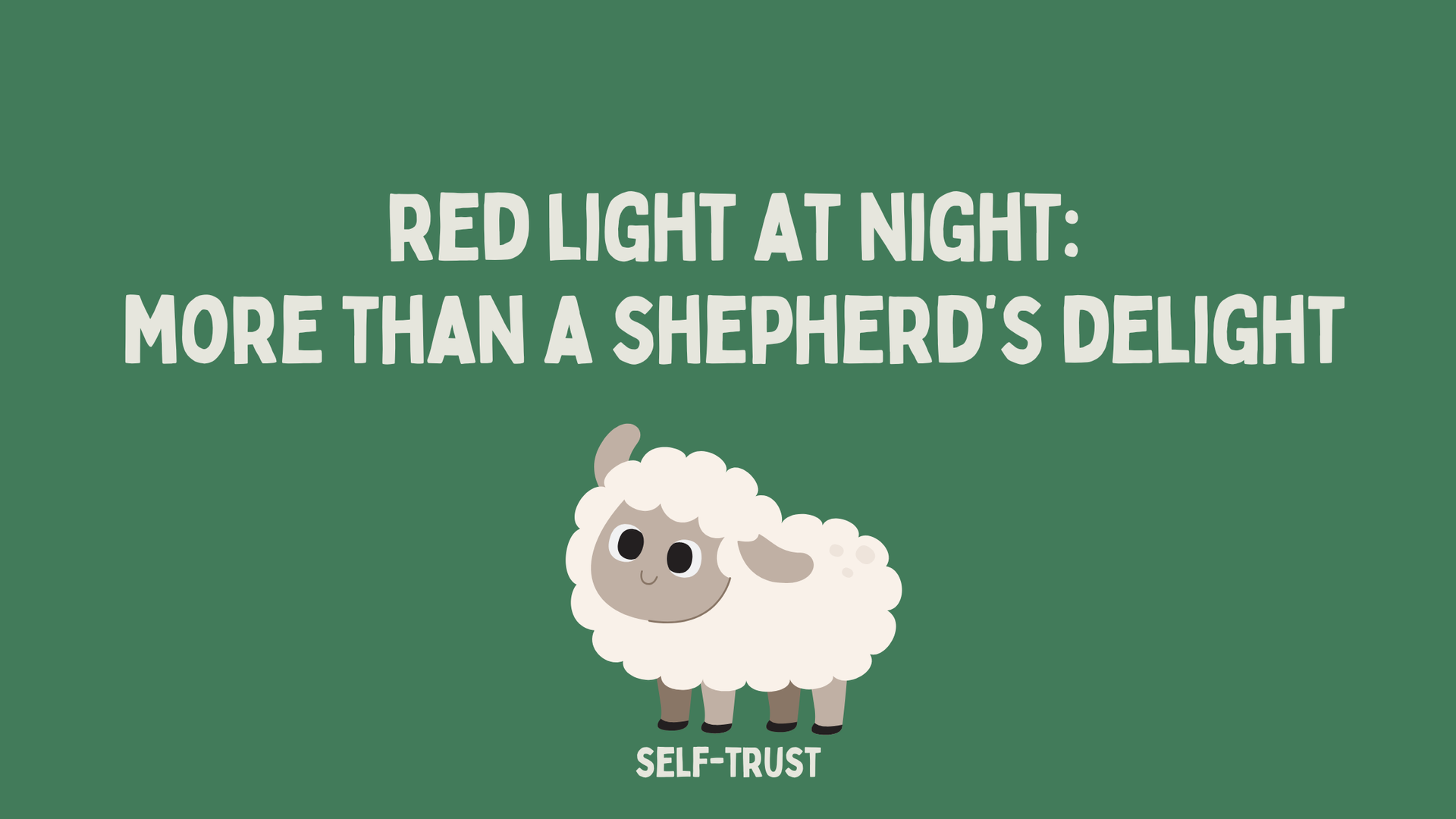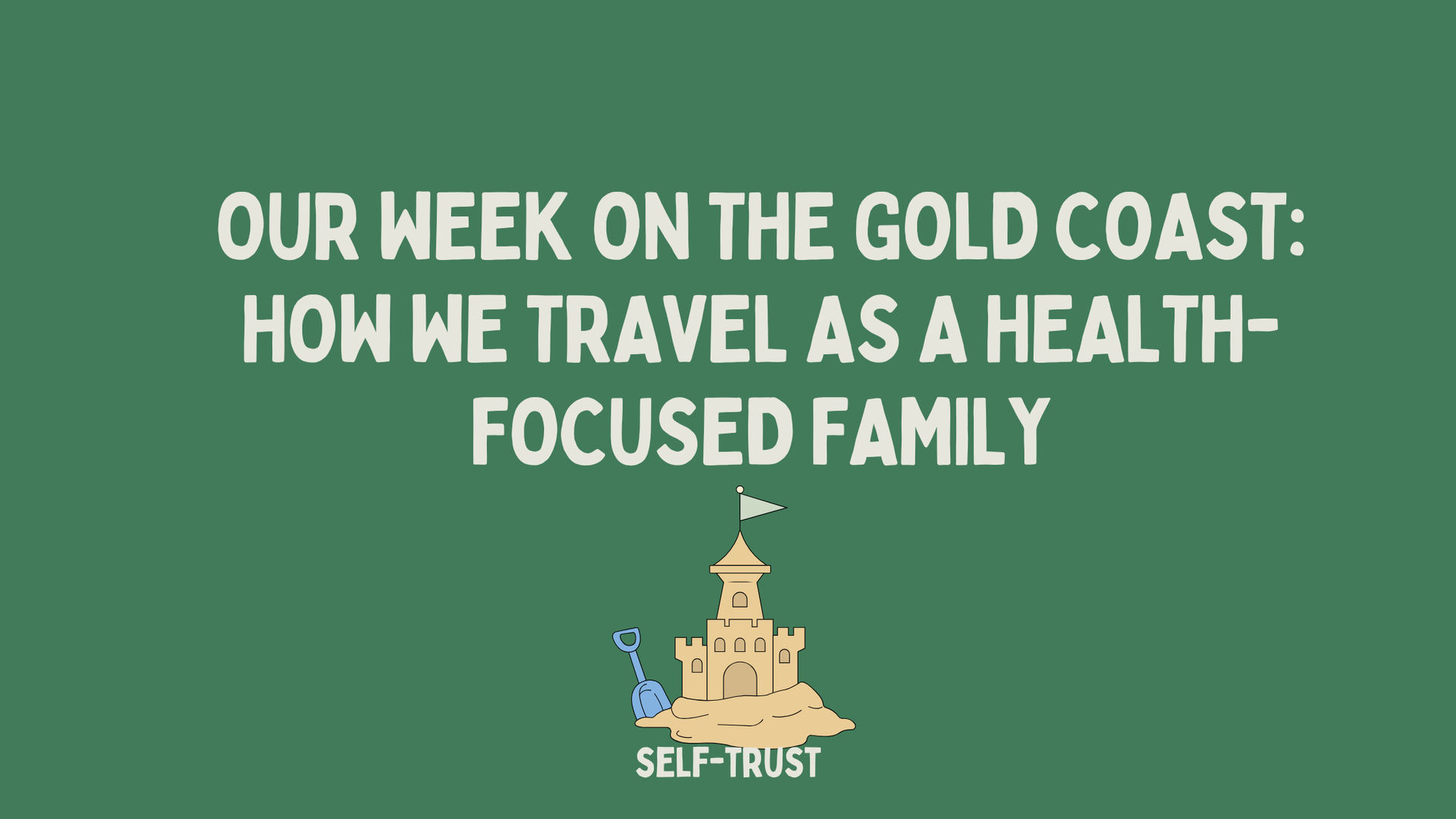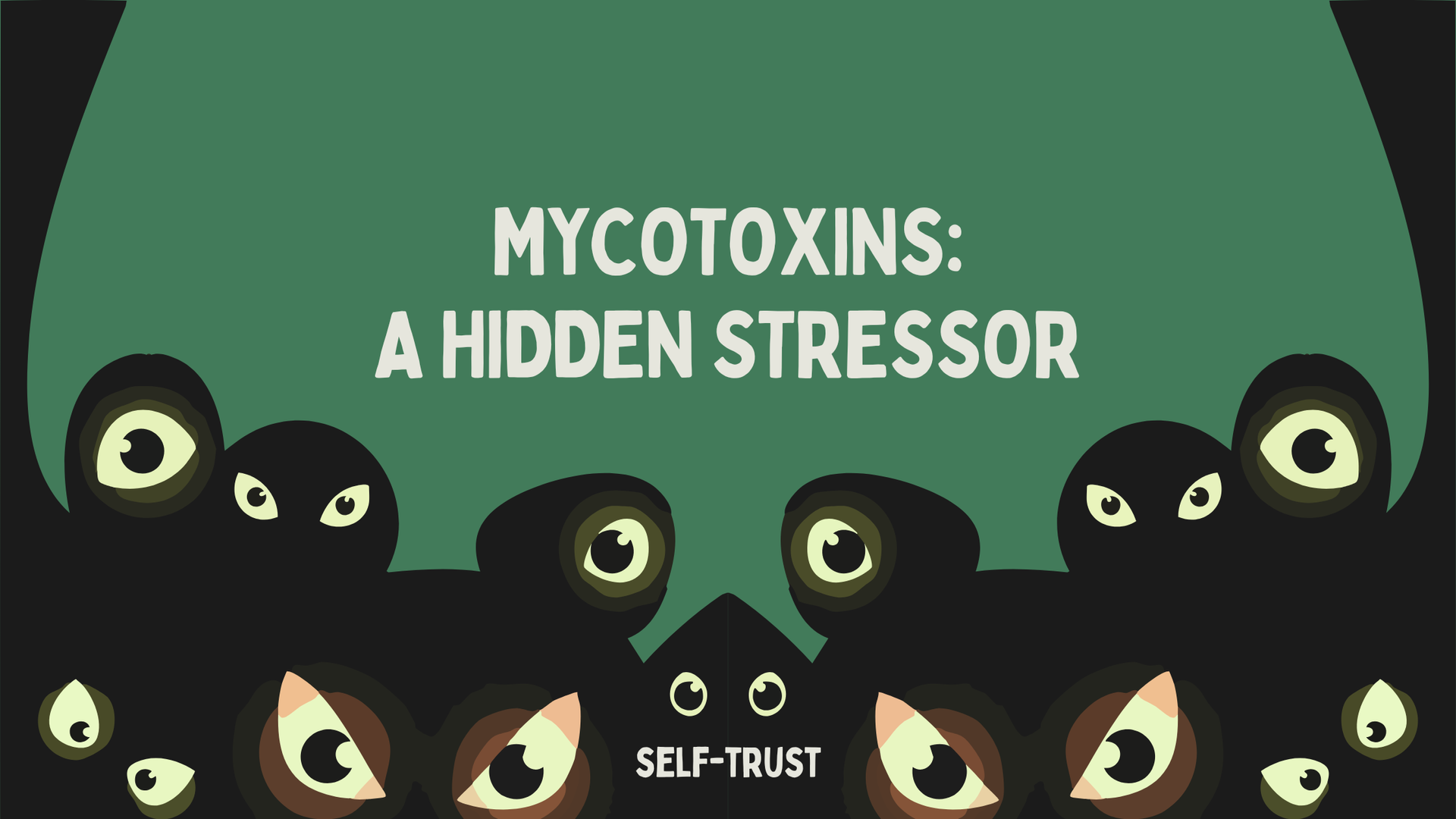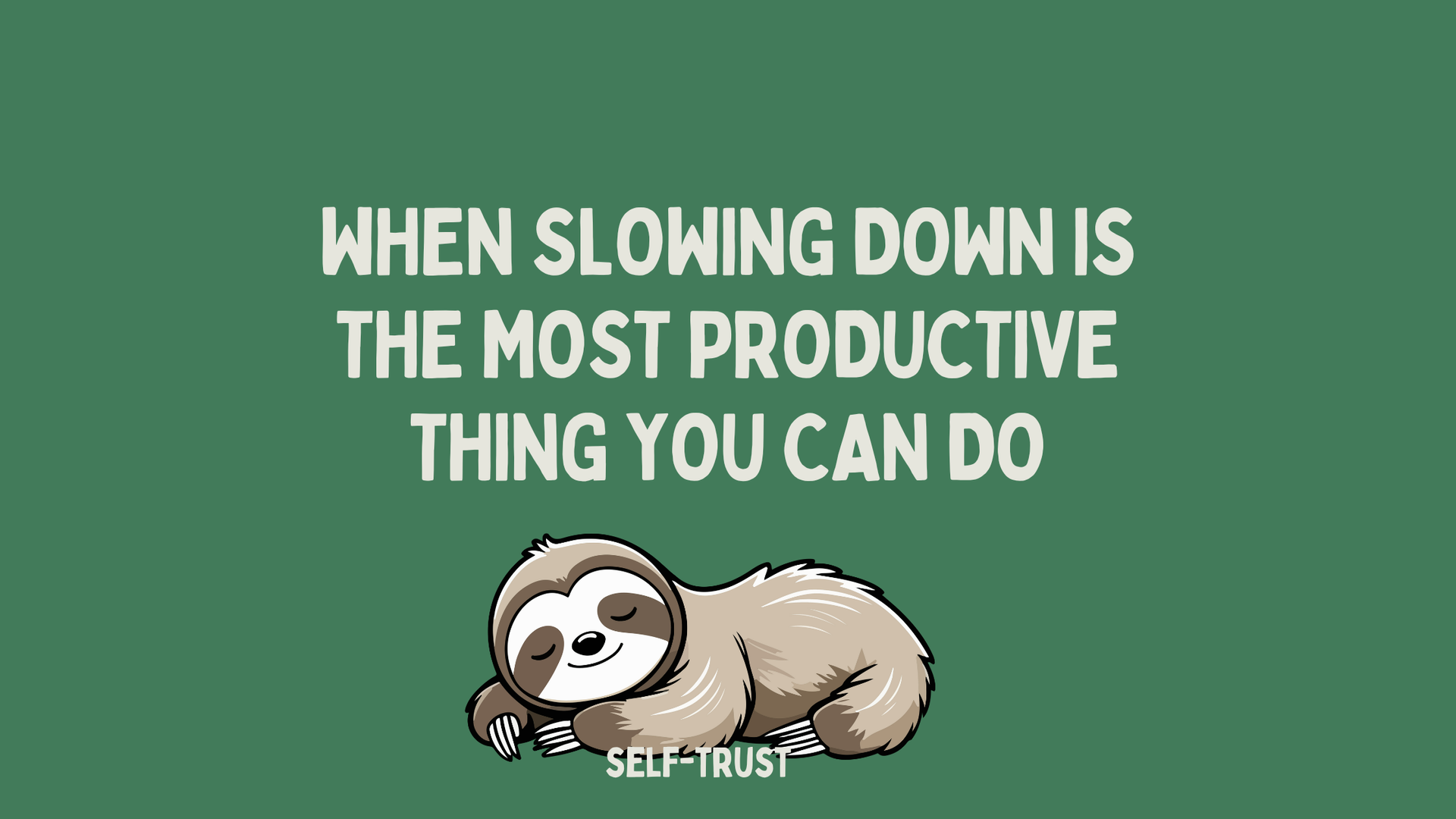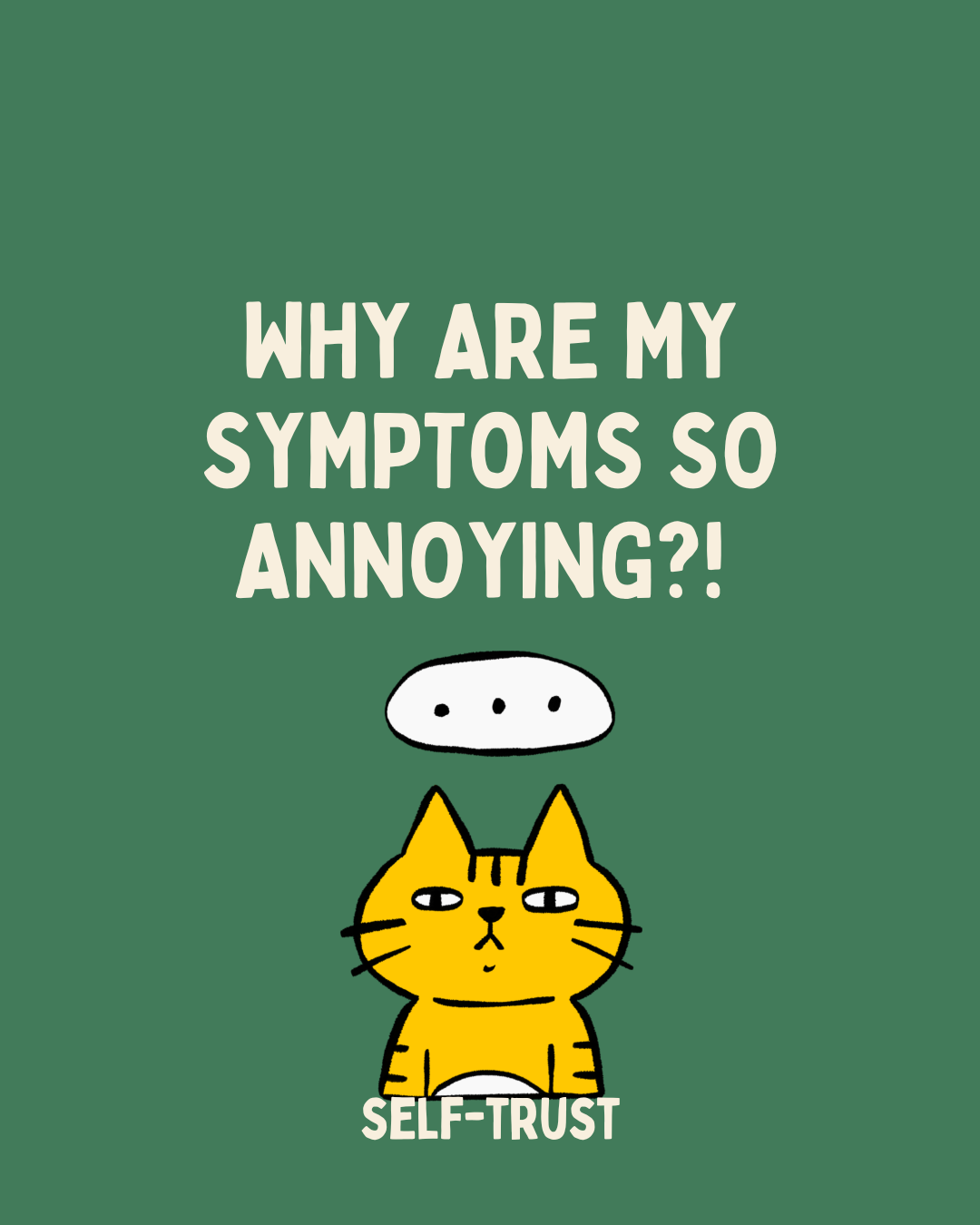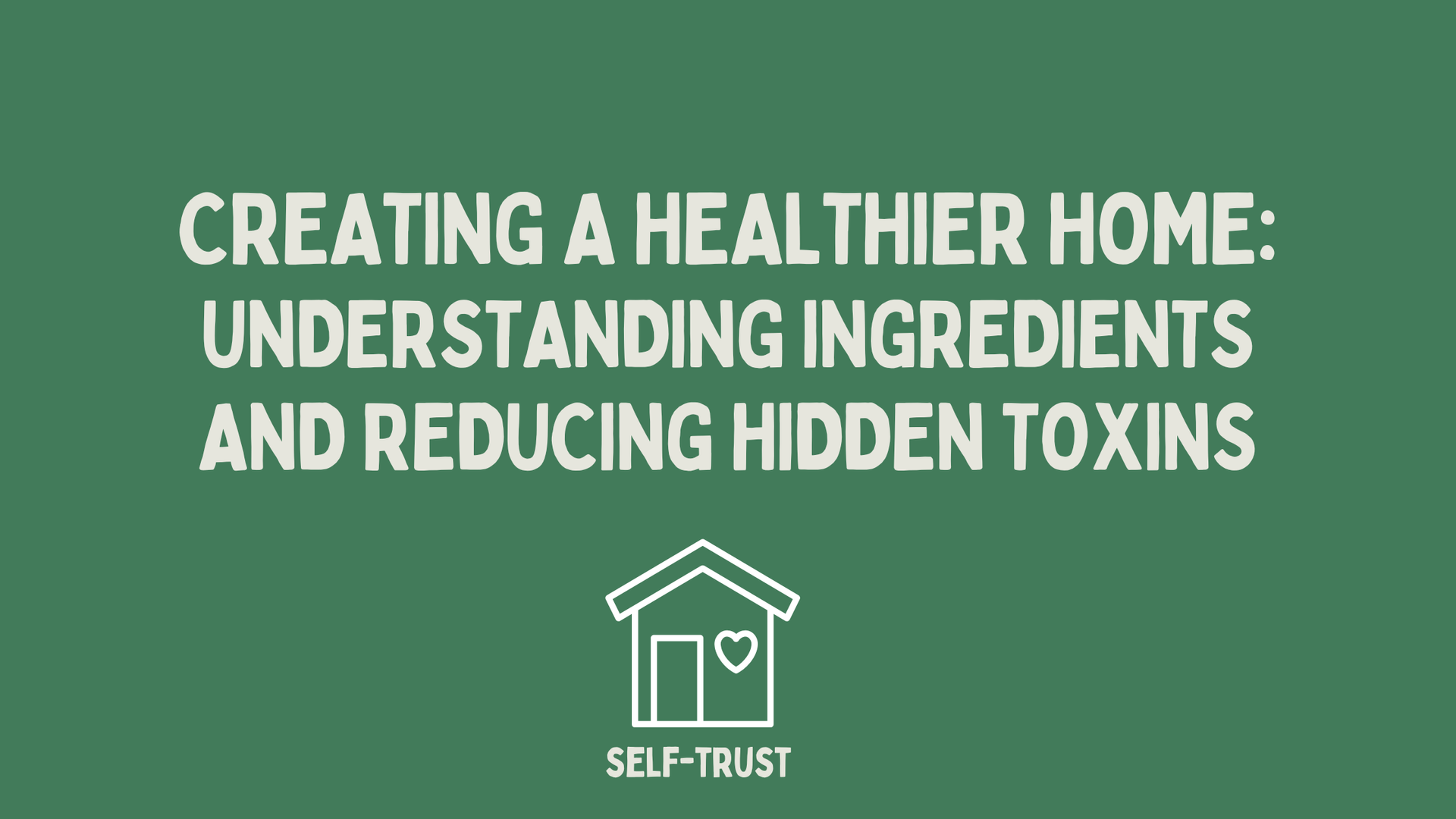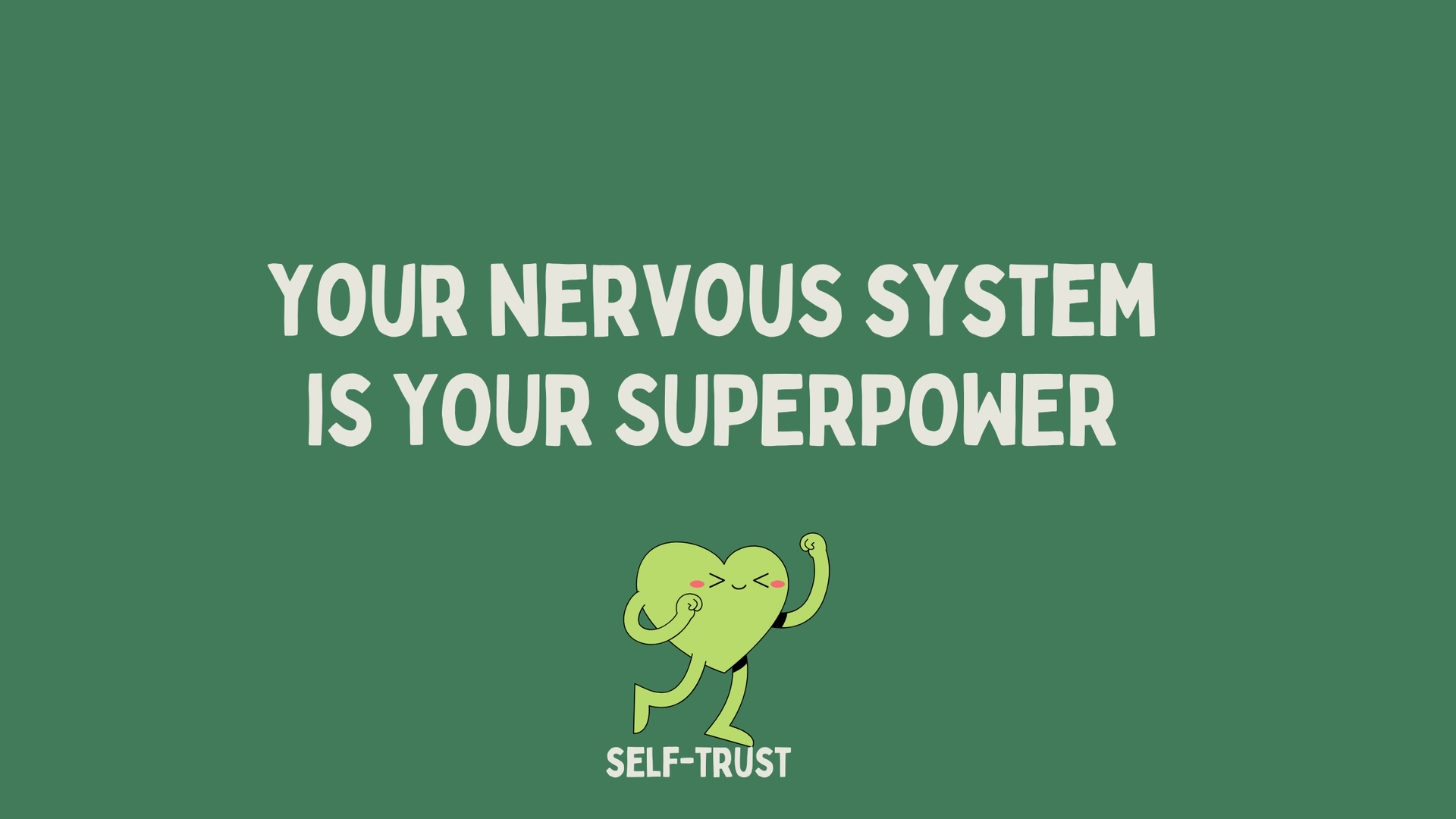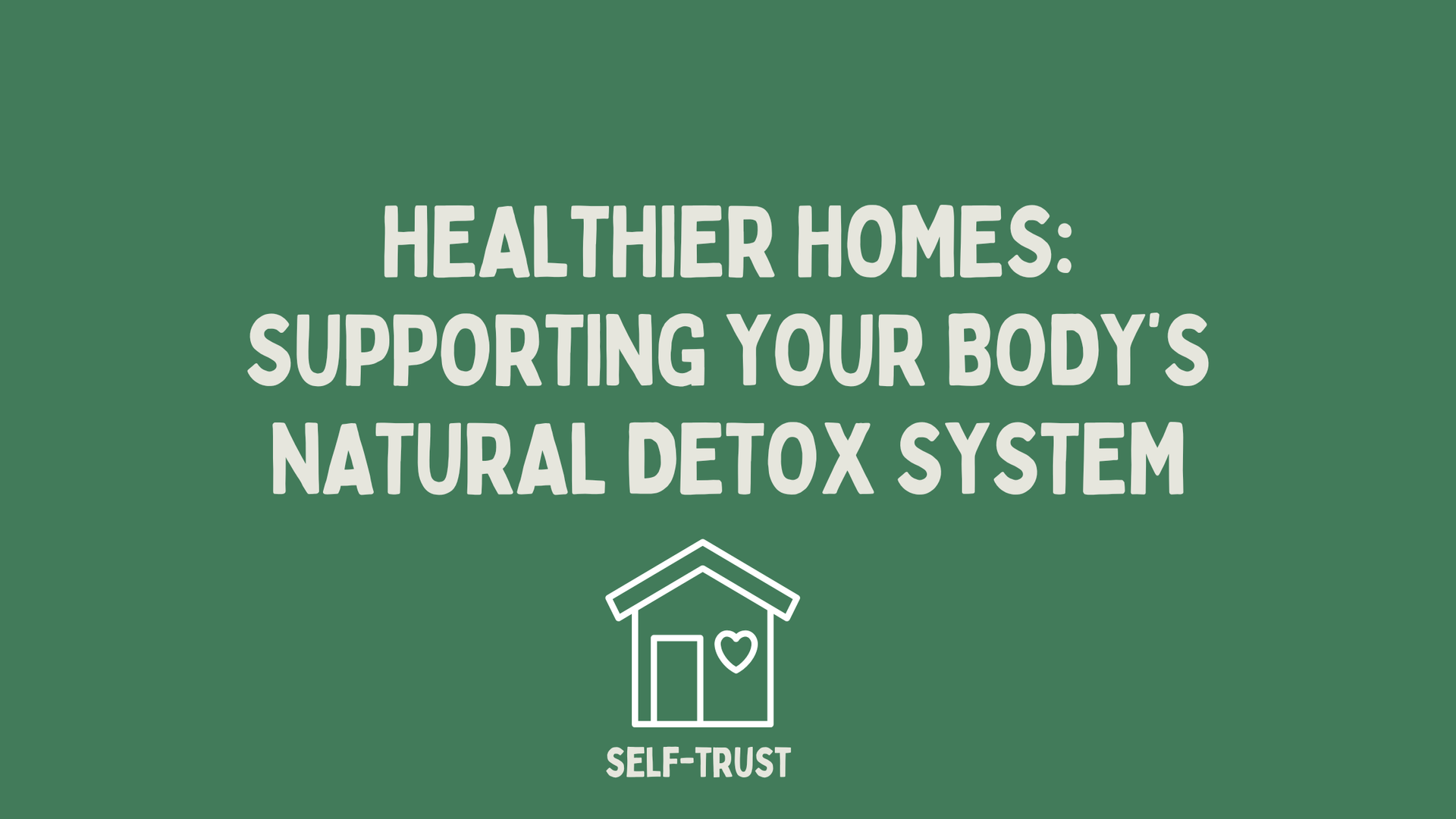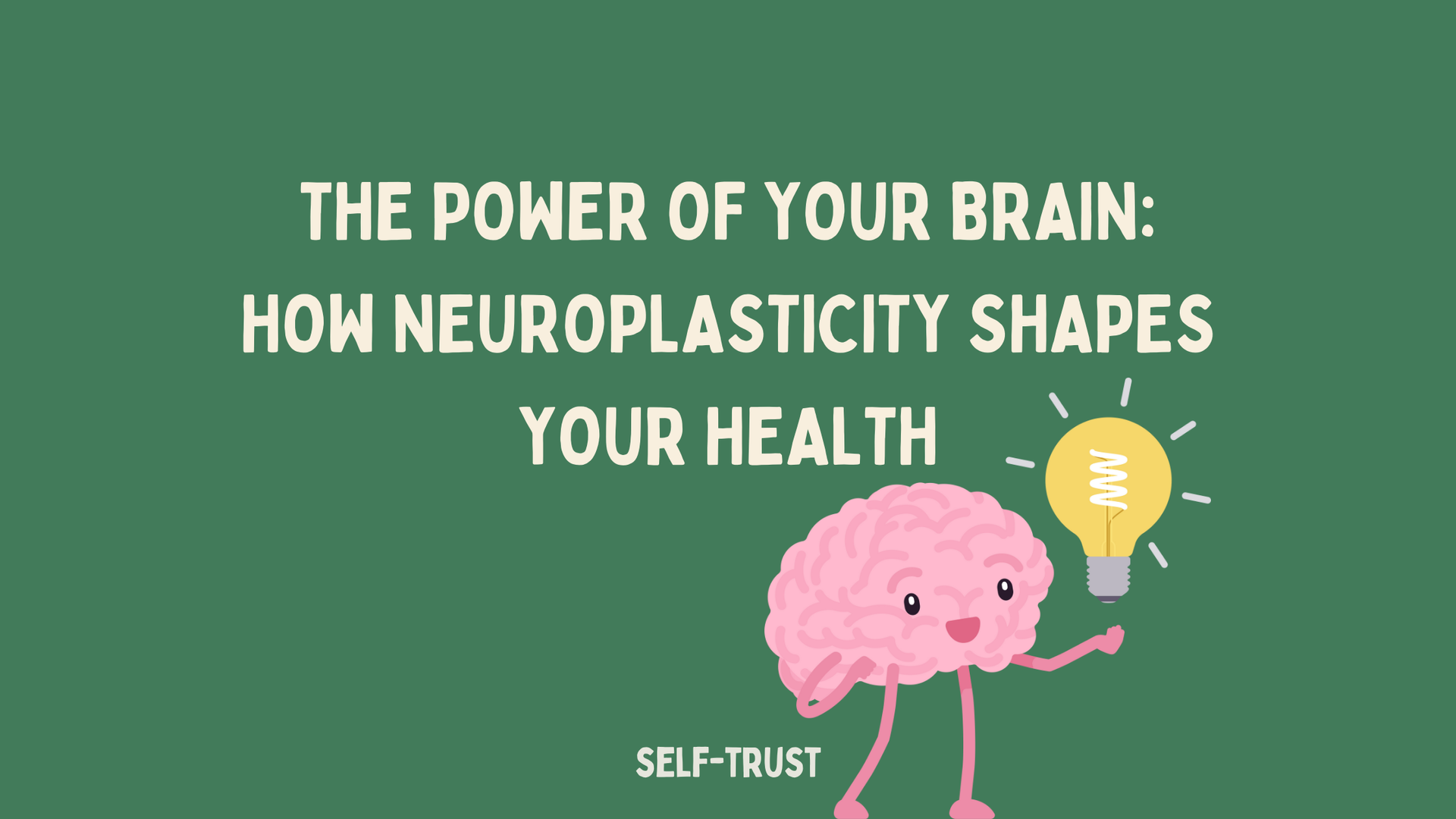Shifting from Victim Mentality to Self-Trust
Shifting from Victim Mentality to Self-Trust
When it comes to our health, it's easy to slip into a mindset where we feel powerless - where life is happening to us, our bodies are failing us, and all we can do is wait for someone else to step in and save us. This is what we call the victim mentality of health.
In this space, we outsource our responsibility and our power. We want someone else to have the answers, someone else to "fix" us. We tell ourselves stories like, "It's just bad luck," or "It's my genes," or "I'll be stuck with this forever, so I'll always need medication." We see our symptoms as the problem instead of asking what those symptoms are trying to teach us. It's like blaming the fire truck for the fire, instead of asking what sparked the flames in the first place.
The victim mentality keeps us stuck in fear, in black-and-white thinking, in a constant need to control. It teaches us to see ourselves as fragile, always one step away from breaking.
The Shift into Self-Trust
The alternative is not about denial, false positivity, or bypassing the real struggles of health and healing. It's about reclaiming our responsibility and choosing to meet our bodies with trust.
Self-trust in health begins with:
- Accepting what is - instead of fighting reality, we learn to meet it with honesty.
- Regulating our emotions - practising self-soothing, noticing triggers, and seeing them as teachers rather than enemies.
- Speaking our truth - being authentic without people-pleasing, without needing others to change in order for us to feel okay.
- Taking responsibility for our own healing - not through perfectionism or pressure, but through curiosity and care.
Self-trust is knowing that your body is not working against you - it is always working for you. Your symptoms are not a sign of weakness, but a signal from your inner intelligence guiding you to look closer.
From Fragile to Capable
When we shift from victim to self-trust, we stop seeing ourselves as fragile and start remembering our capacity. We realise:
- We are strong and capable of meeting obstacles.
- Our intuition is always guiding us, even when the next step feels unclear.
- Our bodies are innately wired to heal and adapt.
This doesn't mean we never seek support - but the difference is that we come from a place of sovereignty. We don't give away our power to the practitioner, the system, or the saviour. We walk alongside guides who help us reconnect to what we already carry within us.
A Gentle Reminder
If you feel ready to move out of fear and into self-trust, remember that it starts with the small daily choices - listening inward, noticing your patterns, and trusting your body's wisdom. And if you'd like support in this journey, chiropractic care and the tools we share here at Self-Trust Society are designed to remove interference in your nervous system and help you feel more aligned in your body.
You are not broken.
You are not fragile.
You are not a victim.
Your body is wise, resilient, and always working for you - the invitation is to begin listening.

